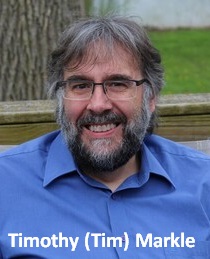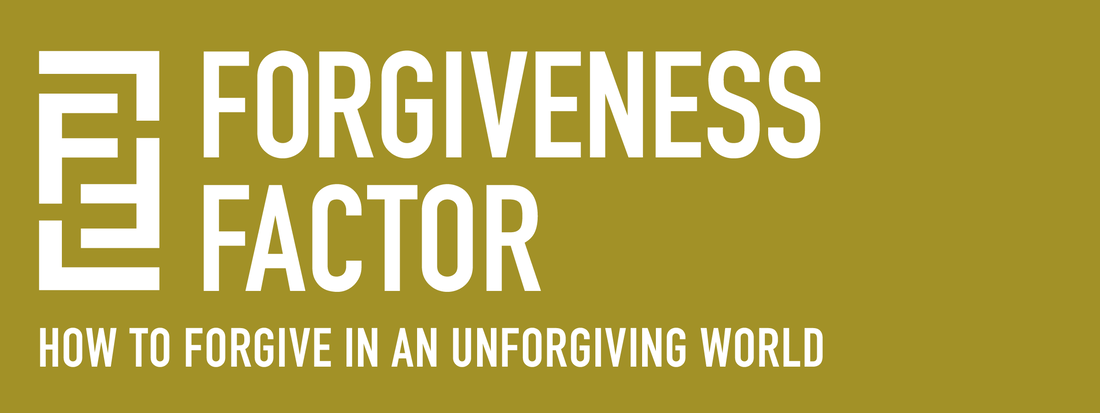Tagged: “Self-Forgiveness”
I have a recurring audio-recording in my mind about who I am: I am not much as a person; I am less than others; I deserve what I get. Can you help me, please.
These are false thoughts about yourself because, regardless of your past thoughts that are negative and generalized, you are special, unique, and irreplaceable. Do you want proof? Here is one piece of evidence: You have unique DNA. There never was anyone like you on the planet and when you no longer are here, there never will be another person quite like you. You are unique. You are irreplaceable. This makes you special, very special. It then follows that you have worth, an unconditional quality that cannot be taken from you despite any unfortunate circumstances you face. Your circumstances do not make you who you are. Your essence of being special, unique, and irreplaceable makes you who you are.
Where and how can you start to forgive yourself?
I have found that self-forgiveness for many people is more difficult than forgiving others because we are harder on ourselves. So, I recommend that first you forgive someone who has hurt you. We have several self-help books for this, such as The Forgiving Life. Once you know the pathway of forgiving others, then you can apply that learning to yourself. You can begin to see your own inherent (built-in) worth. You can start to bear the pain of what happened so that you are not continually condemning yourself for what you did in the past. You can begin to welcome yourself back into the human community.
You can read some specifics about self-forgiveness by clicking on the Set Yourself Free link below, which is from my blog at Psychology Today, also called The Forgiving Life:
Another source is the chapter on self-forgiveness in my book, 8 Keys to Forgiveness.
I wish you the best in this healing journey.
I continue to feel much guilt for some of my unjust behaviors toward others. I can’t seem to shake off this guilt. If you could summarize self-forgiveness in a few sentences to help me with that, what would you say?
Here is a summary of self-forgiveness for you: Commit to doing no harm to yourself (for example, better nutrition, more rest and exercise). See yourself with “new eyes.” Yes, you are imperfect, but your strong guilt shows that you now have good intentions toward yourself and toward others whom you might have hurt. You are a person of worth. Try to bear the pain so you do not subvert yourself or even toss that pain to others. Try to be good to yourself as an end in and of itself… and then go to those whom you have offended and seek forgiveness.
My adult grandson keeps asking me for a loan of money. I give it, he does not pay it back, and then he says that he “forgives” himself for the lack of payment. He then asks me for more money. Is self-forgiveness really this kind of illusion?
While genuine self-forgiveness can be helpful when people break their own moral standard, in the case of false self-forgiveness, the person may “self-forgive” as an excuse to remain in inappropriate and hurtful behavior. In such a case as your adult grandson, the false forgiveness might reduce guilt, freeing the person to continue the lack of payment with the resultant wasting of your funds. I think it is time for a heart-to-heart talk with him. He is fooling himself (but he is not fooling you) regarding what self-forgiveness actually is. In genuine self-forgiveness, there is an inner remorse, a genuine repentance to you, and reparation, in this case repaying the debt.
Podcast Series Focuses on How to Forgive
Tim Markle, a contributing writer and speaker for the International Forgiveness Institute (IFI), has teamed up with Stoughton Health to create a series of informational podcasts on the basics of forgiveness.
Markle is a multi-talented and versatile professional who says his two major aspirations in life are helping individuals with developmental disabilities and educating people about the benefits of forgiveness. The podcasts are part of the hospital’s Stoughton Health Talk series hosted by Melanie Cole. The ever-expanding program lineup featuring Markle includes:
- Forgiving Yourself ( 10 min. 42 sec.) – “You’d be surprised at the number of people who come to my course on forgiveness and realize that the person that they have the most resentment against is themselves.” Markle says. “This is something so many people are struggling with.”
- Swimming in Unforgiveness (17 min. 58 sec.) – Markle discusses resentment, anger, and forgiveness, and how the world encourages us to deal with it as opposed to how we should deal with it.
- Preparing to Forgive (9 min. 20 sec.) – “One of the core parts of forgiving is that there has been a hurt, somebody has violated our concept of right or wrong. They have hurt us. There is an actual injury that has been done” according to Markle. “One of the steps in forgiving is admitting that and acknowledging it. And then, looking at how has that hurt changed my life?”
- Doing the Work of Forgiveness (10 min. 54 sec.) – “How do you actually go about forgiving someone?” Markle asks. “Using Dr. Enright’s forgiveness model, we talk about the path you can take and actions you make to really forgive.”
- The Art of Forgiveness (11 min. 15 sec.) Research has shown that by forgiving someone who has deeply hurt you, you gain positive health benefits by letting go of resentment and the urge to seek revenge. In this podcast, Markle describes how forgiveness creates a higher quality of life, a healthier body, and a more positive attitude.
The Stoughton Health Talk Podcast series reflects the growing popularity of podcasts. According to Edison Research and Triton Digital, more than 104 million Americans listen to podcasts on at least a monthly basis. Stoughton Health is one of more than 100 leading hospitals and health systems using the DoctorPodcasting production system. The facility is located about 20 miles east of Madison, WI.
For the past 11 years, Markle has been an Outreach Specialist at the University of Wisconsin-Madison Waisman Center. His current roles there include: 1) Director of the Southern Regional Center for Children and Youth with Special Health Care Needs; 2) Family Discipline Coordinator for the WIsconsin Maternal and Child Health Leadership Education in Neurodevelopmental and Related Disabilities–the WI LEND Program; and, 3) Senior Outreach Specialist with the Youth Health Transition Initiative and Genetic Systems Integration Hub.
In those various capacities, Markle works to improve the lives of children and adults with developmental disabilities and neurodegenerative diseases, some of life’s most challenging conditions. He also develops curriculum for a variety of audiences, provides training for both children and adults, and is a prolific speaker.
Markle has a Masters in Counseling (MC) from John Carroll University (a Jesuit Catholic University in Cleveland, OH) and a Master of Arts in Christian Studies (MACS) from Trinity Evangelical Divinity School north of Chicago. He also studied at Bowling Green State University (Bowling Green, OH), where he earned a Bachelor of Arts in Psychology with a minor in Philosophy.
As the capstone project for his MACS degree, Markle developed a six-week course that focused on how to forgive and why forgiveness is indispensable for dealing with anger, depression, anxiety and trauma. The course is based on the ground-breaking work of Dr. Robert Enright, co-founder of the IFI. Stoughton Health, along with two local churches, has thus far hosted five sessions of the course. Markle is also the founder of a forgiveness education organization called Forgiveness Factor.
Learn more:
- Access all of Stoughton Health’s 68 podcasts covering a variety of health and wellness topics.
- Read Tim Markle’s autobiography.
- Contact Markle through his Contact Page.





